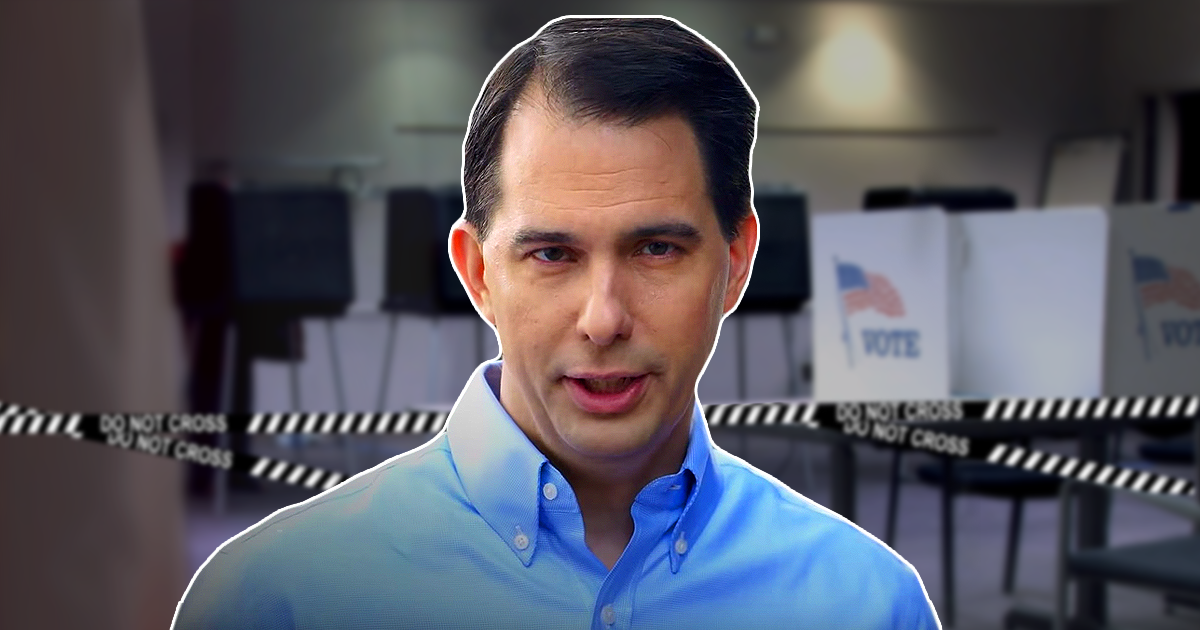History Repeats With Latest Post-Election Republican Attack on Early Voting
Attack on Voter Rights Launched Just Days After Suffering Statewide Election Losses in 2012 and 2018

MADISON, Wis. — Mere days after losing every statewide office on the ballot in the November 2018 election, Wisconsin Republicans began drafting legislation to restrict voting. The Wisconsin GOP pulled a similar stunt in 2012. A review of drafting records revealed work began November 8, 2012, two days after Democrats President Obama won Wisconsin and Tammy Baldwin was elected to an open U.S. Senate seat, on a bill that proposed limits on early voting, and specifically targeted weekend voting in Milwaukee for elimination.
“Republicans have time and again sought to rig the rules on voting to give themselves an unfair advantage,” said One Wisconsin Now Executive Director Scot Ross. “They did it after losing statewide races in November 2012 and they did it after being swept out of statewide office in November 2018.”
Ross noted that the latest effort by Republicans to limit early voting conflicts with a 2016 federal court ruling. In a July 2016 decision, federal Judge James Peterson struck down limits on early voting as racially discriminatory. As a result, municipalities across the state could choose to offer the convenience of early voting in the evening, on weekends and at multiple locations at their discretion to meet the needs of the community. Nearly one in five, a record 565,591 Wisconsinites, cast their votes early or absentee in the November midterm elections.
One Wisconsin Institute, with the support of National Redistricting Foundation, a 501(c)(3) affiliate of the National Democratic Redistricting Committee, has returned to court seeking enforcement of the 2016 federal court decision and a subsequent enforcement order that struck down limits on voting rights imposed by Scott Walker and Wisconsin Republicans.
Republicans were fully aware their actions to re-impose restrictions on voting could run afoul of the federal court. A legislative attorney informed Assembly Speaker Robin Vos of the conflict with Judge Peterson’s ruling when he requested, a week after the November 6 election, a bill to impose new restrictions on the times of early voting. Analysis of the measures proposed by Wisconsin Republicans prepared by the nonpartisan Legislative Fiscal Bureau also noted their measures were ruled on in the 2016 case One Wisconsin Institute, et. al. v. Thomsen, et. al.
In November 2012 nearly 400,000 Wisconsin residents took advantage of early voting and several local clerks offered extended hours for voting. Early voting has gained in popularity as over 565,000 casting their vote early or absentee in the November 2018 election that set records for midterm election turnout.
“The kind of anti-democratic stunts Wisconsin Republicans have pulled to limit voting have been found unconstitutional and they remain unconstitutional,” concluded Ross.
